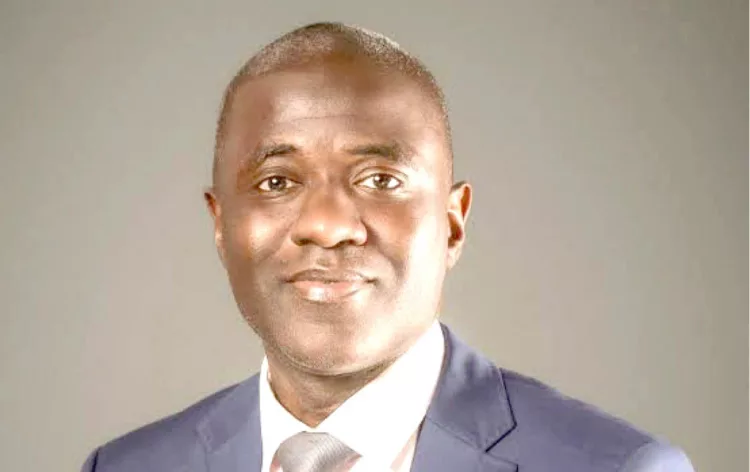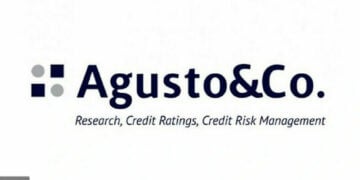The Nigerian Communications Commission (NCC), in collaboration with the Association for Progressive Communications (APC) and other institutional stakeholders, has set a policy agenda to scale up rural internet access through sustainable, community-driven solutions.
This effort culminated in a high-level two-day workshop held in Abuja, aimed at designing a regulatory framework to support the growth of community networks across Nigeria’s unserved and underserved areas. The event brought together regulators, technical experts, rural electrification and financial institutions, civil society actors, and potential foreign investors in a bid to unlock the transformative power of inclusive connectivity.
The executive vice chairman of NCC, Dr. Aminu Maida, while addressing participants at the workshop, said the workshop is important to bridging the digital divide in Nigeria and foster inclusive social economic development.
“This workshop is an opportunity for all of us to harness the expertise, insights, and experiences of diverse stakeholders present here which includes the regulators, community leaders, technical experts and potential foreign providers to address the critical challenges such as affordable devices, access, licensing, spectrum allocation, infrastructure development, sustainability and institutional monitoring,” said Maida, who was represented by the executive commissioner, Technical Services, NCC, Abraham Oshadami.
Maida said the workshop demonstrates the Commission’s commitment to advancing digital inclusion, particularly in underserved and unserved areas. “At NCC, we recognise the transformative potential of community center networks in achieving this important goal,” he said.
The EVC said NCC was committed to “this journey and views this workshop as a catalyst for meaningful change,” stating that the expertise, perspectives and commitments will shape the future where every Nigerian, regardless of his or her status, will have meaningful access to opportunities from digital connectivity.
In her remarks, co-manager of the Association for Progressive Communications’ Local Network (LocNet) initiative, Kathleen Diga, noted that the collaboration was to tackle identified hindrances to digital inclusion. “This is a space where we can be open and exchange ideas of possibilities, opportunities that will remain in realising values of a diversified ecosystem.”
Diga said, “I believe this workshop presents a moment in time that we can explore the bottom-up approach in local communities, small social enterprises, corporative among others, which have the ability to fill some of the digital gaps that remain unfilled,” she said, adding emphasising the need to recognise that community centre connectivity exists and they are grow throughout the global south, which, she said, are a “strategic response to digital exclusion.”
The workshop featured presentations from the NCC, the Association for Progressive Communications and other institutional stakeholders such as the Rural Electrification Agency (REA) and the Central Bank of Nigeria (CBN) all geared towards exploring a joint policy framework to address rural digital divide.
The Association for Progressive Communications is a 35-year-old international network member-based organisation encouraging digital inclusion in the unserved communities, particularly with communities in the global south and the workshop, through its LocNet initiative aimed at crafting an enabling inclusive regulatory framework for community networks in Nigeria.











